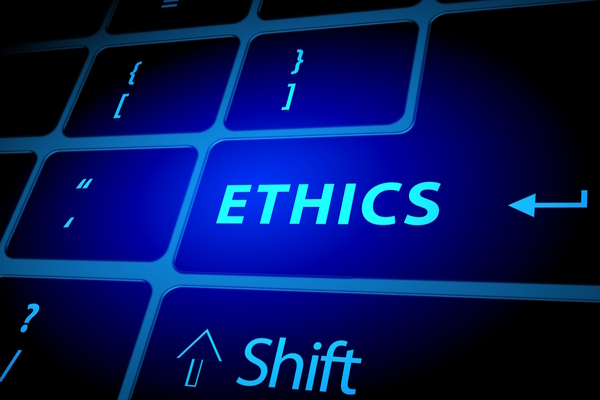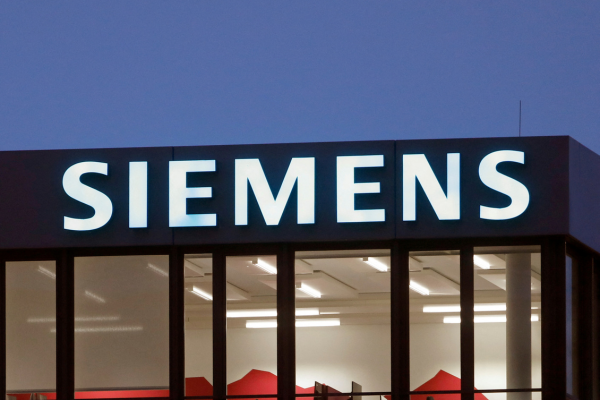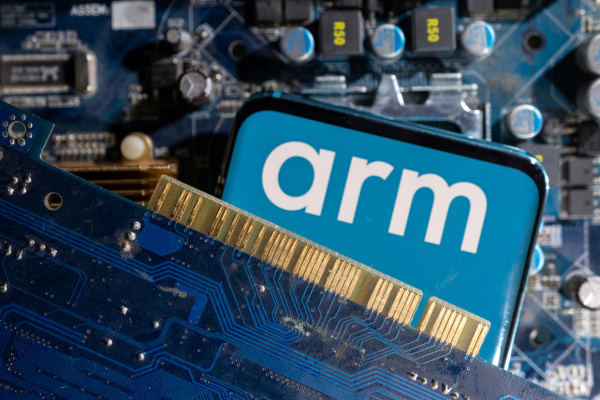How to build logistics for a sustainable world
Sponsored by Stuart Delivery
David Saenz, COO of Stuart, looks at how the pioneering last-mile delivery service is playing a leading role in creating more sustainable cityscapes
For logistics firms, achieving sustainability usually means looking at the transport types employed and the carbon emissions generated. Although these are excellent starting points, being able to look at the bigger picture and taking into account the role and responsibilities of the business as a whole is imperative.
There are many frameworks that can help companies structure their internal approach to sustainability. At Stuart, we use the UN’s Sustainable Development Goals to help us envision what we could do for each of the categories they outline. Although not all are directly applicable, this process helped us think more broadly about our business, helping us drive the biggest impact possible.
There are three key pillars logistics businesses should focus on: reducing CO2e emissions per delivery, building a shared urban infrastructure and creating sustainable foundations beyond each delivery.
1. Reducing carbon dioxide equivalent (CO2e) emissions per delivery
If we are to satisfy customers’ ever-rising desire to purchase online, emissions from traffic caused by delivery vehicles are likely to grow. Currently, it is estimated that they will increase by up to 32 per cent, with congestion rising by 21 per cent, causing irreparable damage to our urban environments.
“At Stuart, we know where we want to go: we want to lower the CO2e emission for each of our deliveries to the minimum,” says COO David Saenz.
We have two tools at our disposal here:
• Reducing the CO2e emission of our fleets
• Reducing the average distance a package travels
“It is the combination of those two components that will result in effective CO2e emission reduction,” Saenz explains.
Green transportation has exciting potential and huge momentum, and is a sector that is continuously innovating and improving. Transitioning to a full green fleet means considering a number of elements. Being able to transition in the most effective way, while providing solutions that appeal to our courier partner community, is fundamental.
Numerous exciting projects are being developed to deliver on this long-term promise.
We strongly believe success lies through partnerships. Partnerships with vehicle manufacturers (mainly small, agile two- or three-wheel vehicles) will help manage the balance between courier appeal, delivery efficiency and environmental impact. For example, Stuart works with Kyrole e-trailers, which can transport up to 250kg with zero emissions in an agile way.
Partnerships to help couriers retrofit their vehicles – replacing petrol engines with electric engines, or helping transition to greener vehicles – will be central to our strategy, as will partnerships with governments to help shape forward-thinking policies on sustainability.
2. Building a shared urban infrastructure
The traditional business model for retailers and logistics operators is for each to build and operate their own fleet of vehicles. Yet if providers were to pool clients’ volumes, they could optimise three core logistical elements: routing, capacity and vehicles. Building a tech stack and innovative delivery models that take these challenges into account is at the heart of Stuart’s mission to make cities less congested and polluted.
Thanks to our B2B business model, we are creating a shared logistics infrastructure in urban centres across the UK, France, Spain and Poland, which any client can use, powered by smart-routing algorithms, that optimise delivery routes and parcel distribution.
By introducing our Hub to Home solution, for example, retailers can inject their parcels directly into city centre micro-hubs, cutting down the inefficiencies and distribution times generated from a traditional network set-up and enabling usage of a shared fleet of eco-friendly vehicles. We focus on eliminating the extra emissions being created through the traditional multi-step infrastructure, which see retailers typically ship goods to their own extra-urban warehouse, then to a third-party carrier distribution centre, only to be finally loaded onto a truck for distribution.
The Stuart solution will cut down distribution times, improve routing optimisations and precision, and – most importantly – will significantly reduce carbon emissions.
3. Creating sustainable foundations beyond delivery
Last, but by no means least, Stuart’s goal is to build a wider company infrastructure around the concept of sustainable cities, which not only incorporates green vehicles and innovative models, as illustrated above, but also takes into account the main pillars that uphold the business: the courier fleet, our employees and the wider urban community.
As Saenz says, “We believe that sustainability will impact all for the better and it is important for all players – governments, businesses and citizens – to co-operate on this matter.”
Internally, the construction of a culture of sustainability means that the initiatives that target the challenges we face, including having sustainability leads in each country and setting clear objectives around sustainability goals, are embraced on both an individual and team level, throughout an organisation.
Stuart is committed to being a force for change in this environment, and the impact that we can have goes beyond building green fleets and creating eco-friendly delivery solutions. We believe that by opening up the conversation to other players in the field – like-minded businesses, retailers, carriers and manufacturers of technology solutions alike – alongside government input, such as the Green New Deal proposal, we can revolutionise the future of the urban landscape.
We’re at the tipping point for sustainability, and our aim is to show that not only can goods be transported and delivered in a sustainable, efficient and precise manner, but that an organisation like Stuart, when considering the three pillars outlined above, can play a much larger role in building a sustainable world.
Want to join the revolution and find out more about Stuart’s sustainable delivery objectives? Get in touch!
Image provided by Stuart Delivery

Business Reporter Team
Most Viewed
Winston House, 3rd Floor, Units 306-309, 2-4 Dollis Park, London, N3 1HF
23-29 Hendon Lane, London, N3 1RT
020 8349 4363
© 2025, Lyonsdown Limited. Business Reporter® is a registered trademark of Lyonsdown Ltd. VAT registration number: 830519543





